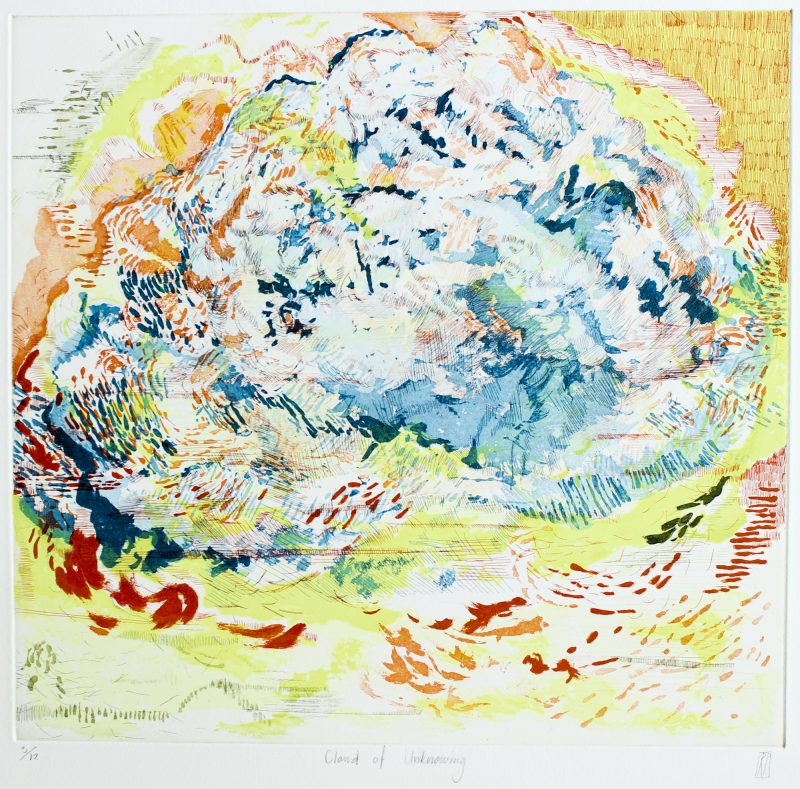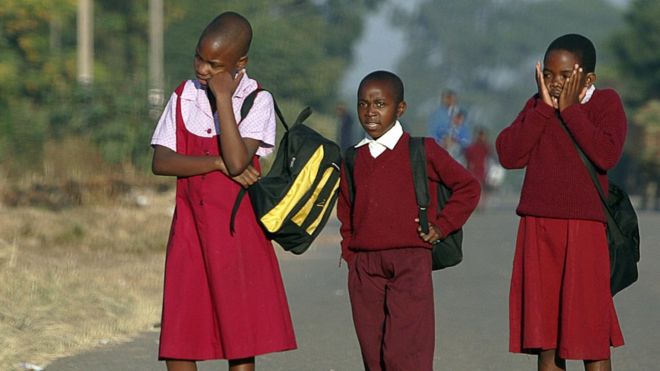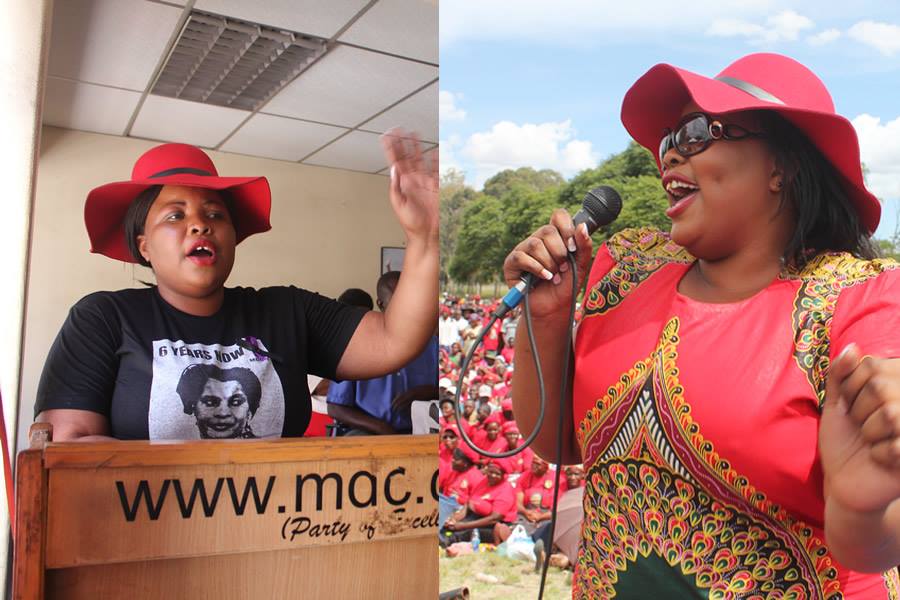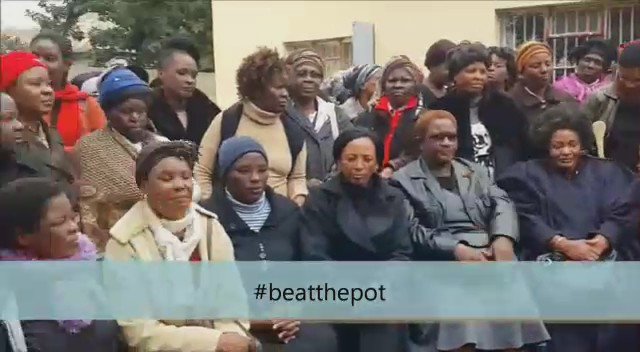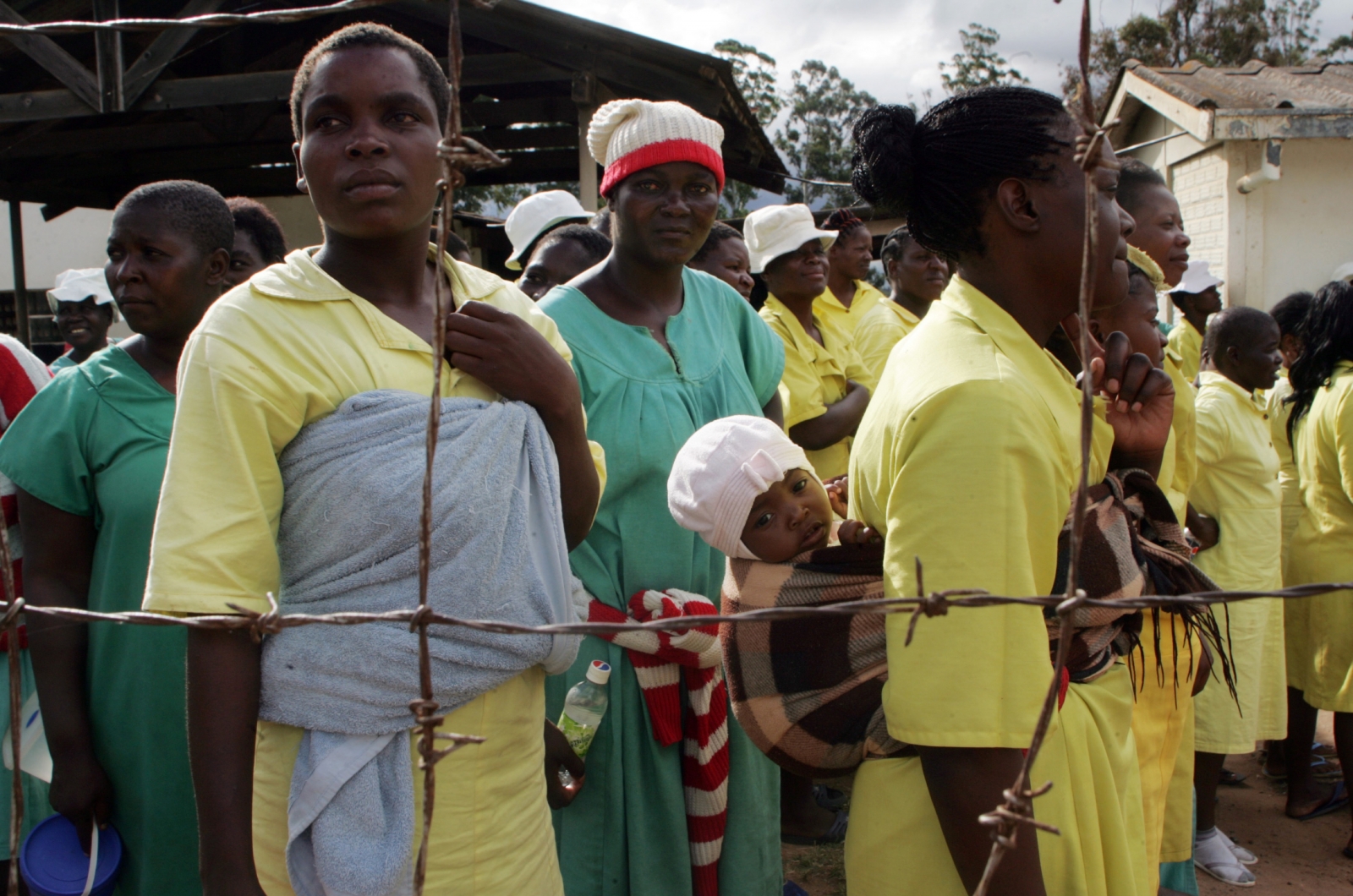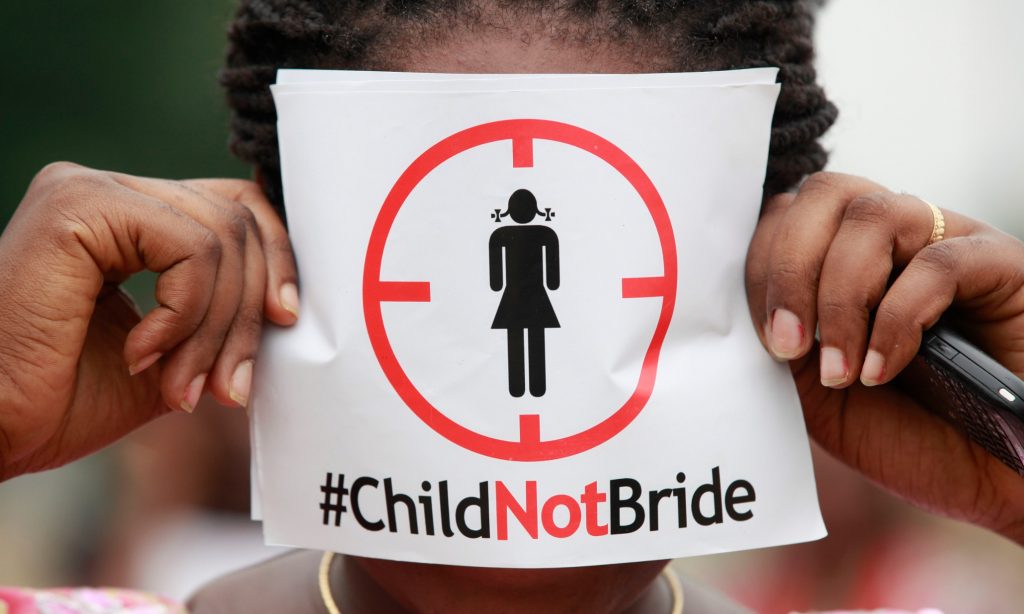
It was 2003. Green Bombers were roaming the streets of Zimbabwe. It was 2005. Operation Murambatsvina was in full swing. And then there were the daily unreported unnamed acts of violence. Zimbabwe seemed like a swirling mass. I remember the moment when, looking from afar, looking from either Washington or Cape Town, and seeing the spectral image of Robert Mugabe, as he was in his later years, emerging from the devastation being created not only in his name, but by his direction. Where was Zimbabwe, the bread basket of the southern region? Where was Zimbabwe, the thriving economy? Where was Zimbabwe, that boasted, rightfully, of its educational structures, that provided quality education for so many? Where was Zimbabwe?
In 2003, I decided that Zimbabwe was somewhere in Colombia. For decades, I had maintained that the one thing one needed to read to “understand the world” was Gabriel Garcia Marquez’s One Hundred Years of Solitude. Watching the machinations of this other Gabriel, Robert Gabriel Mugabe, I saw that I had been wrong. If Zimbabwe was to be taken as the center of anything, the essential reading would have to be Gabriel Garcia Marquez’s Autumn of the Patriarch.
Autumn of the Patriarch ends with the patriarch coming to know what he has known all along:
“… he had known since his beginnings that they deceived him in order to please him, that they collected from him by fawning on him, that they recruited by force of arms the dense crowds along his routes with shouts of jubilation and venal signs of eternal life to the magnificent one who is more ancient than his age, but he learned to live with all these miseries of glory as he discovered in the course of his uncountable years that a lie is more comfortable than doubt, more useful than love, more lasting than truth, he had arrived without surprise at the ignominious fiction of commanding without power, of being exalted without glory and of being obeyed without authority when he became convinced in the trail of yellow leaves of his autumn that he had never been master of all his powers … because we knew who we were while he was left never knowing it forever with the soft whistle of his rupture of a dead old man cut off at the roots by the slash of death, flying through the dark sound of the last frozen leaves of his autumn towards the homeland of shadows of the truth of oblivion, clinging to his fear of the rotting cloth of death’s hooded hassock and alien to the clamor of the frantic crowds who took to the streets singing hymns of joy at the jubilant news of his death and alien forevermore to the music of liberation and the bells of glory that announced to the world the good news that the uncountable time of eternity had come to an end.”
Gabriel Garcia Marquez wrote those words between 1968 and 1975. Now, at last, it’s time to find another book.
(Photo Credit: Bloomberg / Getty Images / AFP / Jekesai Njikizana)
